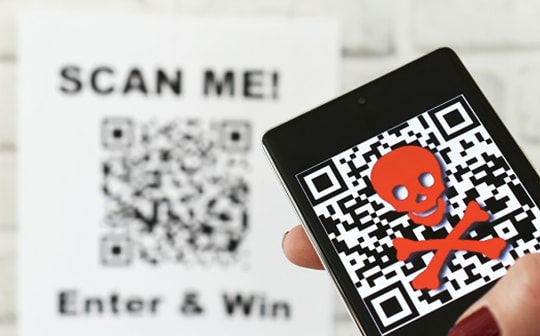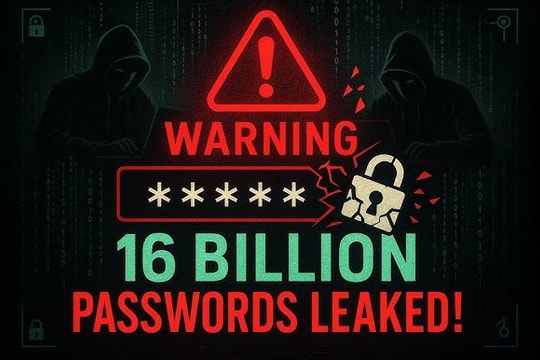How often should you change your password?
Does changing your passwords regularly really help keep you safer online? Many people are doing it out of habit, not realizing it can be counterproductive.
Passwords are often the first and sometimes only line of defense against cyberattacks. Unfortunately, even strong passwords are not foolproof. That's why experts recommend users to enhance their security by enabling two-factor authentication (2FA) and setting up an additional passcode.

Many people still believe that changing passwords regularly will make their accounts more secure. However, according to experts, this is a misconception. Dr. Jennifer Golbeck - computer scientist and Associate Professor at the University of Maryland (USA) said that the habit of constantly changing passwords can be counterproductive. The reason is that users often only change a few small characters, such as adding numbers or letters, while keeping most of the old passwords the same, which makes them easier to guess.
So, how often should you change your password? There's no set timeframe. The answer depends on a number of factors, including whether you've had a data breach, how strong your password is, and whether you use a password manager.
However, according to Dr. Golbeck, the most effective protection is still to create a strong, unique password for each account and only change it when there are signs that the account may have been compromised.
When should you change your password?
Many people have the habit of changing their passwords periodically, such as every month or every quarter. However, according to cybersecurity experts like Lorrie Cranor, this practice is no longer recommended. Instead, it is more important to know when it is really necessary to change your password and act as soon as possible.
One of the most obvious times is when you receive a notification from a website about a data breach. If your account is on the affected list, it is imperative that you update your password immediately.
Similarly, if you notice unusual login activity, “new device logins” that you don’t recognize, or password reset emails that you didn’t initiate, it could be a sign that your account is being targeted by a bad actor.

Photo: Internet
Even small changes to settings that you don't remember making are suspicious. While they may be false alarms, changing your password right away is still a safe and wise choice.
You should also change your password after sharing your login information with someone else, even just once. Cybersecurity experts warn that even short-term sharing can increase the risk of data breaches, especially with sensitive accounts like email, banking, or social media. In any case, it's best not to share your password in the first place, and if you do, change it as soon as possible.
Finally, don’t wait until your account is compromised to think about protecting it. Be proactive in replacing weak passwords with strong, unique, and hard-to-guess character strings. Using a password manager is also a simple, effective way to protect yourself from the risk of mass attacks on many accounts.
Experts suggest ways to create strong yet memorable passwords
How to create a password that is both strong and memorable? According to security experts, the secret lies in the balance between complexity and memorability.
Instead of using random strings of characters that are difficult to remember, you should use long and meaningful password phrases. This type of password is not only difficult to crack but also much easier to remember.
You should aim to create a password of 12 to 16 characters, with a flexible combination of letters, numbers and special symbols. Most importantly, do not use personal information such as name, date of birth or phone number - data that hackers can easily find. And absolutely do not use the same password for many different accounts, because just one account is exposed, your entire digital ecosystem can be at risk.
However, no matter how strong, a password alone is not enough to protect you from today's sophisticated threats. Therefore, experts always recommend enabling two-factor authentication (2FA), such as verification codes sent to your phone or fingerprint scanning.
According to Richard Meeus from security firm Akamai (USA), this additional layer of protection will make it much more difficult for hackers to attack, even if they already have your password.
The question remains: how to remember dozens of long and complicated passwords? The answer is to use a password manager. These tools not only help you create strong passwords but also store them securely and with high encryption.
However, for important accounts like email, banking, or social media, you should still enable multi-factor authentication, even if you have a password manager.
In short, strong passwords are the first line of defense, but smart security habits are the key to keeping you safe in the digital world./.



.jpg)


